Apart from its groundbreaking visuals of a decayed and neon-infested future Los Angeles, Blade Runner is an engaging noir-ish thriller that smartly questions the line between human and robot—and between creators and their creations. The film follows a retired cop who is coerced into hunting down a group of escaped ‘replicants’ (genetically engineered human robots). As he closes in on these ‘replicants,’ we find that even though they are immature and dangerous, they are filled with human emotions and desires. The film asks, ‘what does it mean to be human?’ while also delivering inspiring visual images, gripping man-versus-replicant action and an iconic finale with Rutger Hauer as a marginally insane/brilliant replicant.
The director, Ridley Scott, said that Blade Runner most represents who he is as a filmmaker. It was his next project after the blockbuster hit Alien and he had the power to be both a perfectionist and a micro-manager. He said of himself, “My weapon is the camera, and I’ll get what I want. If you’re there with me, great: if not, too bad.” With a unique vision of how the film should look, he personally oversaw every aspect the production design: from each logo and sticker, to the amount of lip-gloss on the lead actress’s lips. They built 27 futuristic vehicles, including the flying cars. They spent $100,000 on original neon signs and reused many from the film One from the Heart — and they created dozens of unique costumes for the extras so that the city truly looked like a melting pot of races and social classes. At the time, Ridley Scott created an entirely fresh take on the future, and it was so influential that today it just seems to be part of our cultural fabric.
Blade Runner’s special effects wizard Douglas Trumbull, the genius behind Close Encounters of the Third Kind and 2001: A Space Odyssey, stretched his small budget to create amazing special effects without the help of computers. At one point, he reused a piece of the mothership model from the special edition of Close Encounters as the top of the police headquarters building — and in one of the shots the team glued a bunch of stuff to a kitchen sink and used it as a model for a distant skyscraper. They also installed incredibly bright xenon lights on the miniature vehicle models so that they would create a lens flare as they zoomed past camera — this both looked cool and hid any problems.
Based on Philip K. Dick’s novel, Do Androids Dream of Electric Sheep?, the film Blade Runner revealed a grimy, crowded and dark future: very different from what other science fiction films were doing at the time. Unfortunately, Blade Runner was a box office flop. John Carpenter’s dark film, The Thing, was released at the same time, and neither of these films were able to compete against blockbusters like E.T.: the Extraterrestrial and Star Trek II: The Wrath of Khan. But soon, both Blade Runner and The Thing became popular cult movies and profitable titles in the home video and cable market. Film critics Kenneth Turan and Roger Ebert both initially reviewed Blade Runner poorly, but, upon later reflection, changed their minds and recognized it as a milestone film.
Even though author Philip K. Dick died before the film was released, he saw some of the footage and was hugely enthusiastic, saying it looked exactly as he had imagined it. In the 2007 documentary, Dangerous Days, filmmaker Guillermo del Toro said that watching the film “changed his life” and Harrison Ford stated that shooting his scenes with Rutger Hauer was one of the most satisfying professional experiences of his career.
Enjoying the site? If so consider supporting it with alien-infused caffeine…
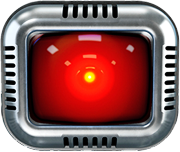

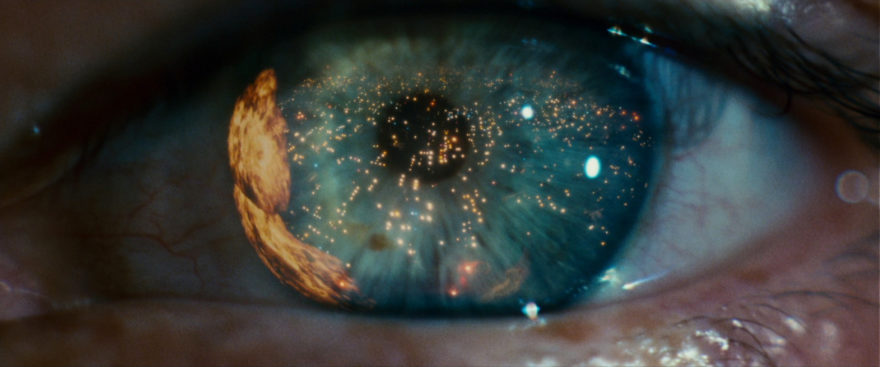
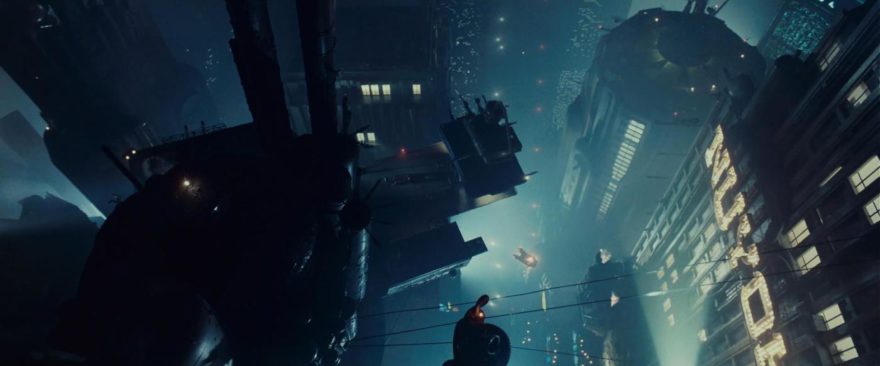
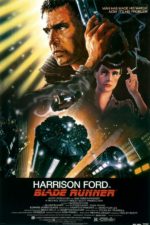
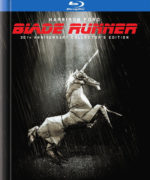
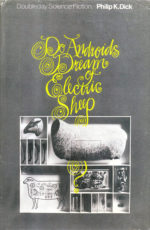
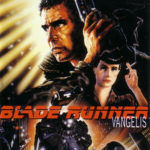
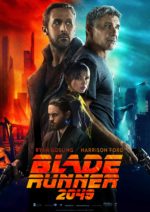
I would argue that Rutger Hauer’s Roy Batty is not even remotely insane. In fact, the irony played out in the final scene on the roof is that the only one that has his finger on the pulse of what is truly meaningful in life is the replicant. Everyone else is too busy screwing each other over and saving their own sorry butts to care about ‘sea beams glowing in the dark near the Tannhauser gate”. Batty’s soliloquy is his way of saying to Deckard et al “Wake up! You don’t know how lucky you are.”